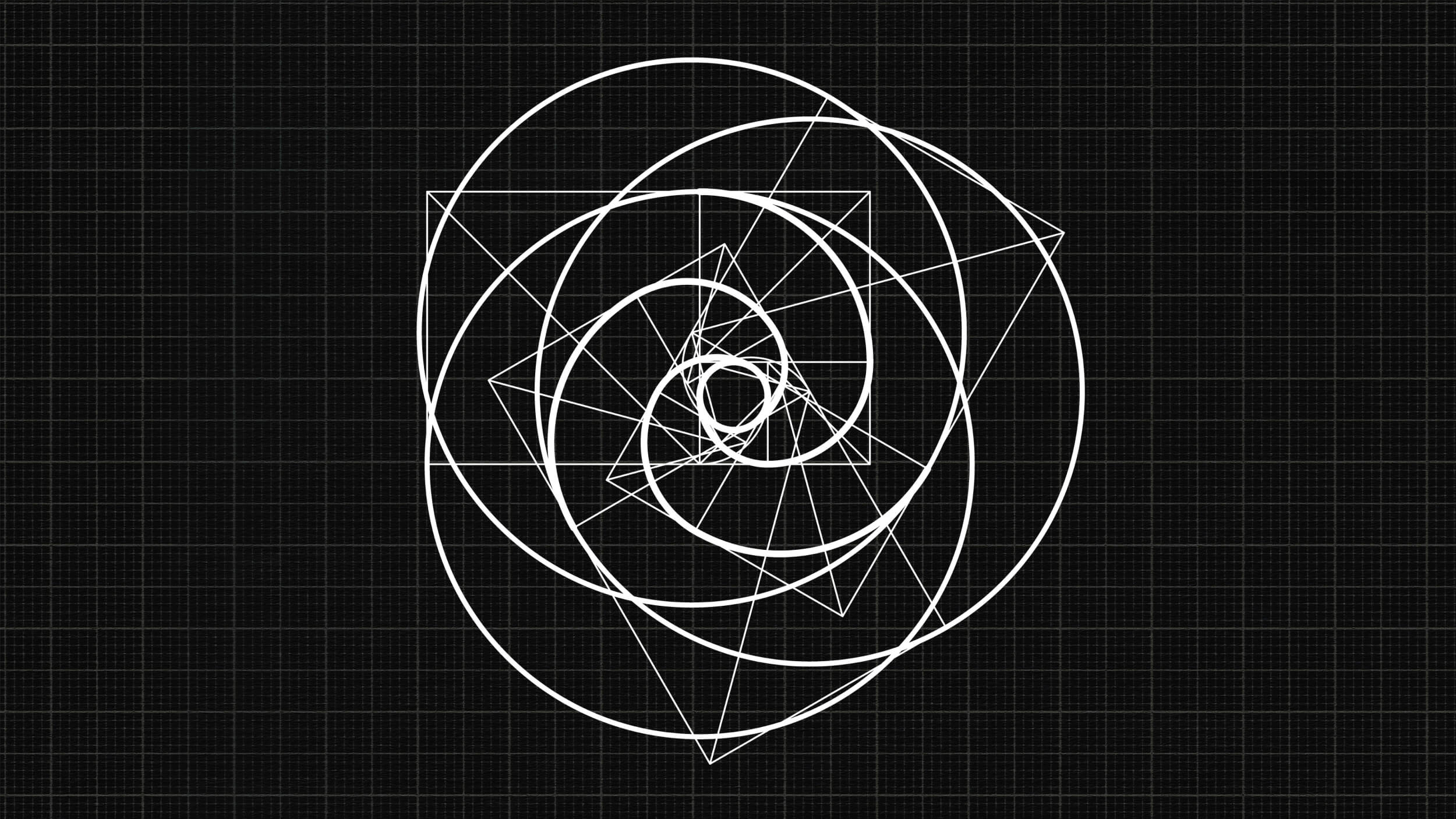Question: What do you believe?
Anthony Fauci: I think I do. And it gets back, again, to one of the things that I feel good about, is that during the early years of the AIDS epidemic [circa 1981] when there was a lot of activists, pain, and concern about whether the [US] government was paying enough attention to them.
And for the most part, government officials, because of the confrontational nature of how the activists were trying to get what their concerns were heard by the FDA, by the federal government, by the Department of Health and Human Services, and even the NIH, they would be very confrontative. And that confrontational demeanor was met with the reflex of staying away from them and that they must be doing something wrong.
What I decided to do back in those days was learn a lot about what it is they were saying, and finding out it doesn’t make any sense. And in fact, it turned out that it made a lot of sense. And what they were asking for was imminently reasonable.
So I exercise a degree of flexibility and understanding that you can find a bit of good, if not a lot of good, in just about anybody if you try and listen to, and pay attention to the point they’re trying to make. I would say that open mindedness, and taking a chance on giving a person the opportunity to explain their point of view is one of the things that I’ve worked on over the years to try and get better and better at that. And it really has held me in very good stead.
Because I don’t think we would have developed the productive interactions with the activist community during the painful, early days of the HIV epidemic had I not paid a lot of attention to being very open-minded and not taking things personally; but just trying to understand the pain that was driving people to be so confrontative.
So open-mindedness and flexibility, I think, are two of the qualities I have; I hope I have. I think I do.
That is something I would say that you’re asking the wrong person because I probably don’t do that very well. I’m considered by my colleagues as a workaholic.
But I do enjoy a life. I particularly enjoy my children. I have a wonderful family, a wonderful wife who is very understanding of my crazy hours and my commitment to this issue of public service. And she’s very supportive of that.
I have three wonderful children – 21, 18 and 15 – who are really my normalization meters. They are healthfully irreverent of me and my somewhat “exalted” position as it were, and they bring me back down to earth.
So in answer to your question, my advice would be that don’t completely ignore the things in life that you will ultimately regret you ignored. And family has to be one of them. So whatever spare time I have, I focus it on my family.
Everybody has different motivations that drive them, and I get asked that question a lot. “How do you balance that?” And it’s a very, very important question. There are some people who actually energize from working very hard and doing a lot, and leaving “this” amount for personal pleasures, whatever that might be. Sports, or vacations, or what have you.
There are other people who function best when they have a significant chunk of what they do in that respect.
One is not better than the other. One isn’t more noble than the other. It’s just what it is that works for you. But there’s a line beyond which you don’t want to cross; and I think that line is when you just don’t pay any attention to anybody else, including your family, and you’re just focusing in on work. I think that’s something that you have to be careful of.
So you asked me what advice I have for younger people who are getting involved in a particularly labor-intensive line of work, it would be that you’ve got to set your own balance of fun, pleasure, recreation and work. And it may be varied greatly from person to person; but don’t neglect the people who love you and that you love; because then you’re really making a big mistake. And that’s an absolute. That’s not a relative.
Recorded On: July 6, 2007





